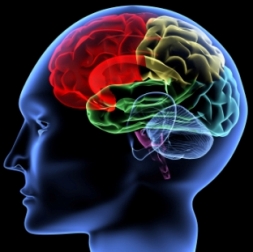Neurological Disease Worldwide
About 43% or 3.4 billion people have brain sicknesses worldwide. In Africa, the number is high. People don’t understand brain illnesses well in Kenya. A lady named Penny from a charity says people get taken to churches for prayers.
Patients sometimes get ignored or locked up. It’s very sad. Nations are trying to help by providing better care and understanding.
Neurological Troubles in Africa
Lots of people in Africa have brain problems. Half of ER visitors in Africa have brain issues. It’s more common in Africa than other rich places. Epilepsy is much more common in Africa than Europe.
Africa lacks enough doctors and hospitals. Communities can’t help those with brain problems. Strokes, brain injuries, nerve pain, and memory issues are common. Wangari-Jones explained to DW. This makes caring for people hard. They need help.
In Africa, diseases like HIV and malaria can hurt the brain. Jo Wilmshurst says this is a big problem. She works with kids in South Africa who have brain issues. Many kids are born in poor places where moms might have HIV or tuberculosis.
Sometimes, problems happen during birth. But there aren’t enough doctors to help. Moms drinking alcohol also hurts babies’ brains. Fixing these problems is hard. It’s also tough because many good doctors leave Africa to work elsewhere.
Improving Doctors in Africa
In Africa, there aren’t enough brain doctors. It’s a big problem. We need more brain doctors. This lady named Wilmshurst is helping. She’s training doctors in South Africa. Then, they go back to Africa. These doctors are special. They help kids with brain problems.
In Africa, there are very few brain doctors. But in Europe, there are lots. Wilmshurst’s program is making a difference. One doctor went back to Kenya and saved lives. He made sure kids got vaccines. This made a big difference. More kids stayed healthy. Wilmshurst’s work is important. She’s helping Africa get better brain doctors.
Supporting Neurological Health in Communities
To help with brain problems, we need community help. Wangari-Jones talks to local groups about it. She works with Hidden Voices to stop the fear. They go to churches and schools. They help people get care. Wilmshurst trains local health workers.
They learn about brain problems. They use simple ways to help. They work with other health programs. They want to help Africa’s brain problems. They help from the top and bottom.
Read More https://regularscoop.com/unlocking-the-secrets-of-brain-tumor-management/

